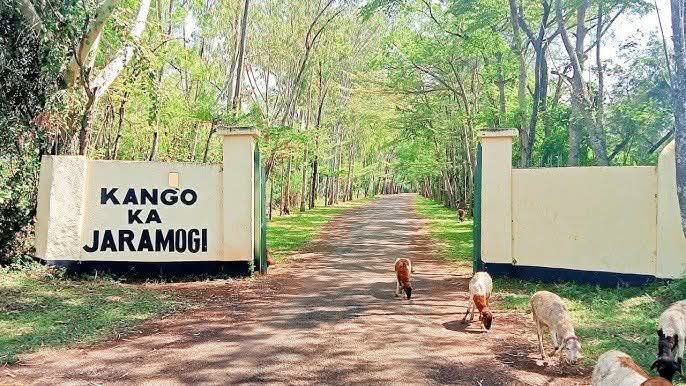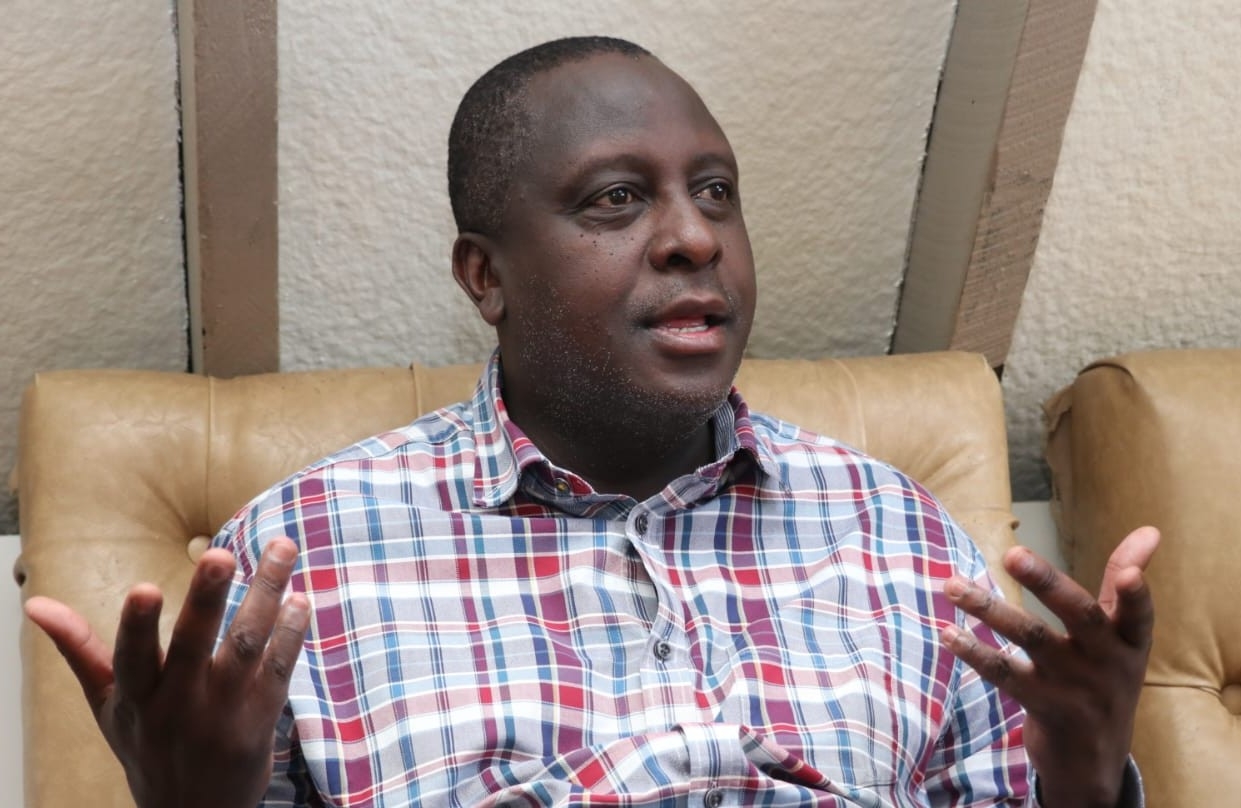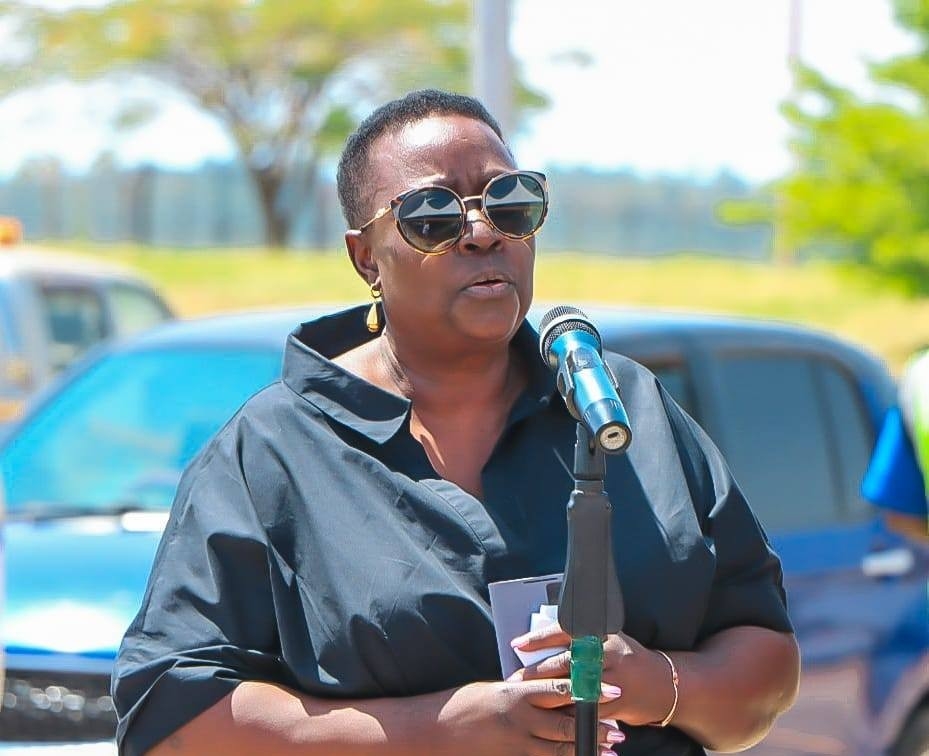Most Kenyans want President William Ruto to address the cost of living, citing inflation as their biggest concern, a new survey shows.
The survey by Sauti za Wananchi reveals that 50 per cent of Kenyans are concerned with their economy while 30 per cent want the President to deal with drought and hunger.
Of the Kenyans polled during the survey, some 15 per cent want the government to address the lack of employment while 10 per cent want poverty and inequality fixed.
Compared to Tanzania and Uganda, Kenya emerged the leader in the proportion of households where the main source of income is formal employment at 17 per cent, according to the survey.
The survey covering 2013-2024, shows that Tanzania was at 10 per cent while Uganda came third with 5 per cent.
In Kenya, the most commonly reported main source of income was casual work, reported by 37 per cent of households.
This is followed by three other sources of income that each account for a significant number of households, namely agriculture 25 per cent and self-employment/business 19 per cent.
When asked where the country was headed, 52 per cent of respondents said the country was headed in the wrong direction while 42 per cent said it was headed in the wrong direction. Six per cent said they were not sure.
Comparatively, 25 per cent of Tanzanians said the country is headed in the wrong direction while 30 per cent said it is headed in the right direction. Some 44 per cent are not sure about the direction the country is headed.
In Uganda, 48 per cent of the respondents said the country is headed in the wrong direction while 51 per cent said the country is headed in the right direction.
When asked about Kenya’s economic prospects, some seven per cent in 2022 said the country was in good economic shape, while a majority 63 per cent said they thought the country would be better off 12 months later.
In both Kenya and Uganda, around two out of three citizens said they were dissatisfied with their country’s direction on job creation and lowering the cost of living.
In Tanzania, there was a higher level of satisfaction at 36 per cent, but also much greater uncertainty.
According to the survey, Tanzanian citizens are more likely than either Kenyans or Ugandans to agree with the view that their country has a stable political environment that is conducive to business at 73 per cent.
On the same question, some 45 per cent of Kenyans agreed that their country has a stable political environment.
Tanzania also scored higher than Kenya in terms of creating exciting business opportunities at 72 per cent followed by Uganda at 60 per cent while Kenya came behind at 34 per cent.
According to the survey, Tanzanian citizens are more likely than Kenyans or Ugandans to report that they currently own a business.
In Tanzania, four out of ten citizens, 41 per cent, said they currently own or run a business of some kind, more than in either Kenya at 24 per cent or Uganda at 21 per cent.
Kenyan business owners reported the main challenges they face are the cost of inputs at 48 per cent, low demand at 40 per cent, and insufficient capita at 30 per cent.
In Uganda, in contrast, one challenge dominates: accessing finance at 63 per cent. This is followed by transport challenges at 35 per cent, the cost of capital at 30 per cent and sourcing equipment and/or materials at 27 per cent.
The survey was conducted in Kenya, Uganda and Tanzania and combined traditional household face-to-face interviews at the baseline stage, to ensure rigour and statistical representation.
Data was collected initially using a face-to-face baseline survey followed by subsequent survey rounds conducted by calls to panel members’ mobile phones.
The sample was designed as a nationally representative cross-section of all adult citizens aged 18 years and above in each of the three countries.
The goal is to give every adult citizen an equal and known chance of selection for an interview. This was achieved by sampling with probability proportional to the population size of each enumeration area (EA).
It also applied random selection methods to the selection of households and respondents.
Sauti za Wananchi survey involved the use of a sample size of 2,000 respondents that was increased to 3,000 in more recent panels and a pool of 400 reserve respondents was used for replacement.
The first Sauti za Wananchi survey round was conducted in Tanzania in 2013, and Sauti was subsequently established in Kenya in 2015 and Uganda in 2017.
The surveys have covered a wide range of themes, including education, health, governance, democracy, water and livelihoods, financial inclusion, Covid-19, and climate change.
As of 15 June 2023, across the three countries, five baseline surveys and 126 mobile phone survey rounds had been conducted. This represents an estimated 74,000 hours of interviews.
















